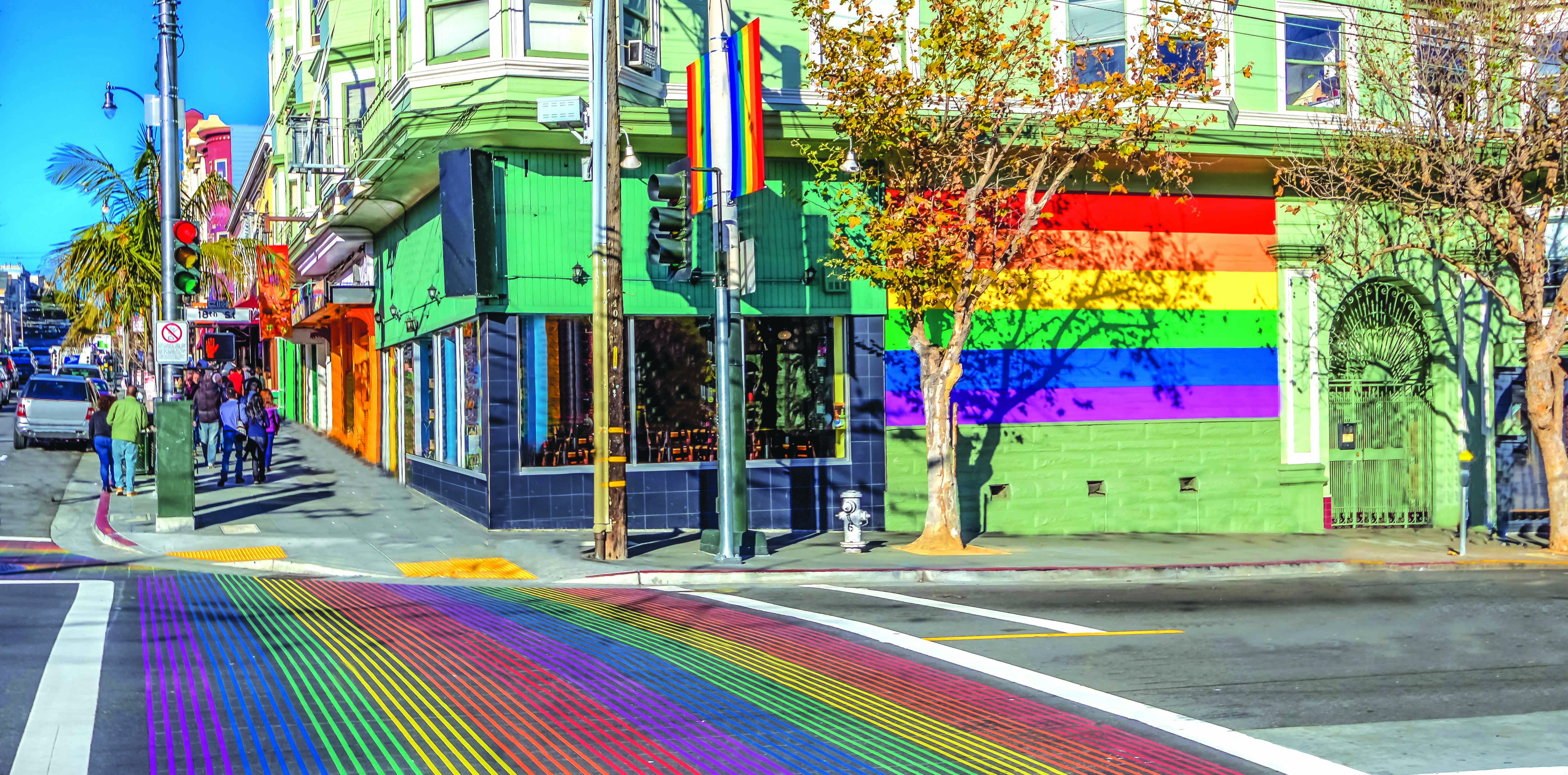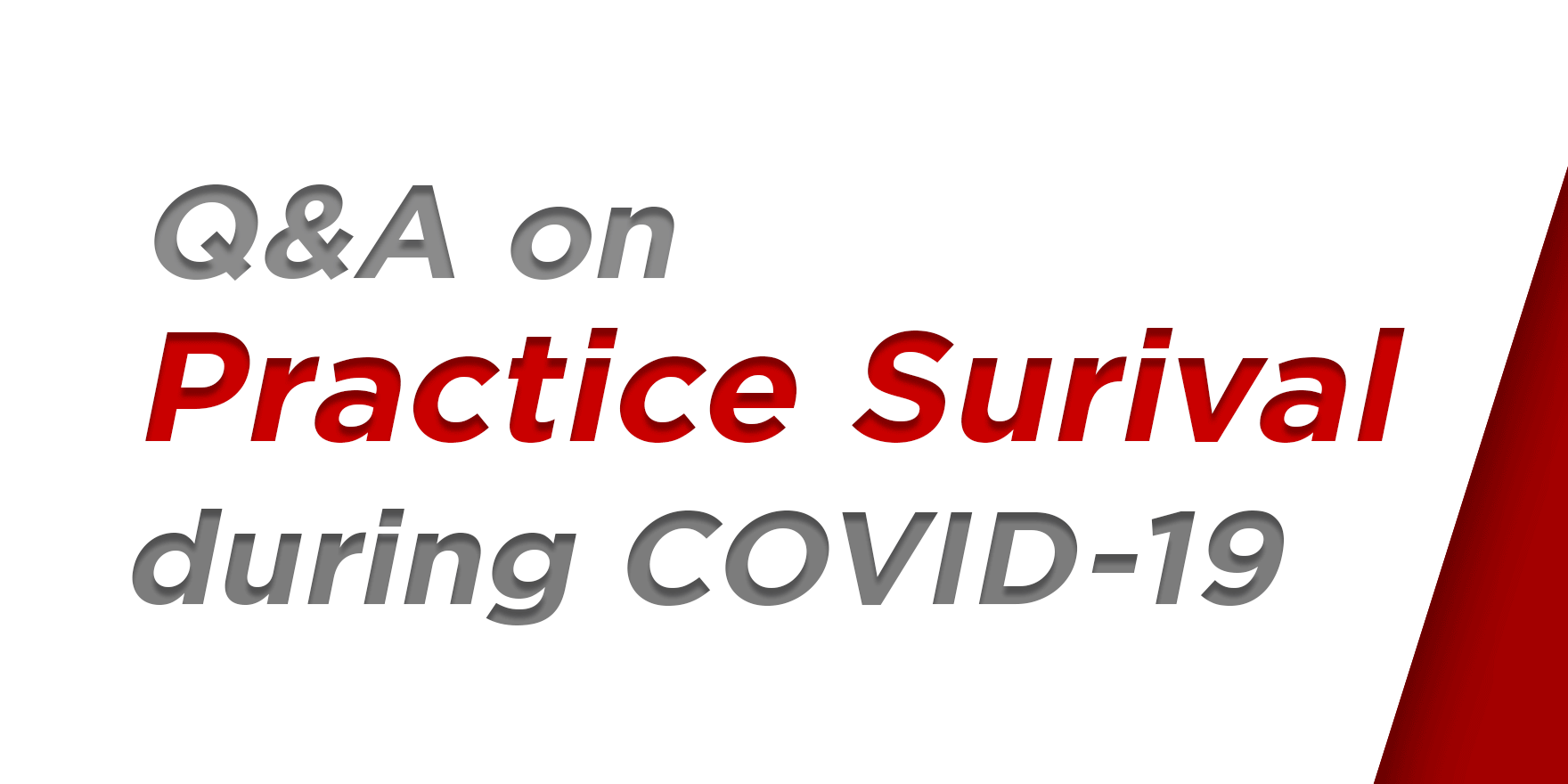While there is no sign that LGBT individuals have a higher risk of getting COVID-19, job losses, social isolation and disruption to healthcare may disproportionately cause problems
LGBT patients are especially vulnerable to the social, economic and medical upheaval brought by the pandemic. Here’s what experts say to watch out for.
“We do have more vulnerability around mental health, with trauma histories and existing anxiety and depression, so obviously that’s going to potentially be exacerbated,” says RACGP spokesperson Associate Professor Ruth McNair.
Even in the general population, suicides could increase by 25% in the years ahead, according to modelling out of the University of Sydney.
While there is no sign that LGBT individuals have a higher risk of getting COVID-19, job losses, social isolation and disruption to healthcare may disproportionately cause problems.
“One of the big [concerns] is homelessness,” says Professor McNair. “Because LGBT people are overrepresented in homelessness statistics.”
Queer support services are already seeing an uptick in homelessness and family violence, she says.
Discrimination, repeated exposure to trauma and violence are all factors that contribute to unstable housing, she says. But the restricted movement and increasing unemployment have left people particularly vulnerable.
Much of the discussion on domestic and family violence focuses on heterosexual relationships, meaning unhealthy and abusive behaviours can be under-recognised by both LGBT patients and clinicians, says Melbourne GP Dr Stewart Mawdsley.
So it is important to be aware that domestic violence and sexual coercion exist and may be increasing as people are locked inside with partners and facing additional stresses, he adds.
While patients may not bring up issues of homelessness or violence due to stigma, doctors can sensitively broach the topic by asking questions about how they are coping with the lockdown, whether that be work or home-related issues, says Professor McNair.
Added questions such as ‘how are things going in your relationship?’ and ‘Is there anything unsafe for you at home?’ are non-judgmental and open-ended questions that help patients understand the doctor is there to help, she says .
One alarming response to the pandemic is that people in the general population are delaying regular care, particularly cancer screening.
Data indicates older lesbians have fewer breast screens than their peers, largely driven by fear of discrimination and previous bad experiences with the medical system, says Professor McNair. She worries that this reluctance to screen extends to other groups in the LGBT community.
Reports indicate that alcohol and drug use are increasing, both of which tend to be higher in subgroups of the LGBT community.
“In a climate of lockdown and boredom and mental health concerns, I’m sure we’re going to see more alcohol and drug use as well,” says Professor McNair.
For transgender people, who already suffer discrimination and isolation, being further cut off from support networks can be particularly dangerous, says Dr Ada Cheung, endocrinologist and senior research fellow at the University of Melbourne.
She has launched a survey to understand how transgender individuals are coping with the pandemic, after hearing reports from patients and colleagues about increased distress and people stuck in houses where they felt unsafe and with people who didn’t affirm their gender identity.
The cancellation of elective surgery has also had a huge impact, she adds.
“It’s a long process and a huge journey to not only making the decision to have gender-affirming surgery, but also saving up a lot of money [and] spending months and months on wait lists,” says Dr Cheung.
“That whole period is very anxiety provoking, so to have it build up and build up – only to have it cancelled – impacted on them enormously.”
Mental health is the number one thing that doctors should be conscious of with their transgender patients, she said, noting the attempted suicide rate was 40%.
For men who have sex with men, disrupted work and lifestyle schedules may result in people taking PrEP less reliably, especially if they are having sex less often. As a result, it may be worth talking to patients about sexual health and high-risk behaviour, says Dr Mawdsley.
Importantly, while the pre-exposure prophylaxis drug, Truvada, was recently dropped from the PBS, the generic remains available.
And while in-person support may have dried up for the moment, groups such as ACON, and the National LGBTI Health Alliance, have a range of new resources to help support the community.
For marginalised groups, being cut off from support networks can be particularly harmful.
Patients may also be facing more discrimination if they’re locked down at home in an antagonistic environment.
Cheung has launched a survey to understand how transgender individuals are coping with the pandemic, and she hopes the results will be available in the two months.
“Patients may also be dealing with a lot of body image pressure that the average heterosexual clinician may not be aware of,” he adds. “A lot of people have anxiety or self esteem issues, either because of rejection or feeling like their worth is associated with their physicality.”
These pressures can contribute to the uptake of performance or image enhancing drugs, such as steroids.



